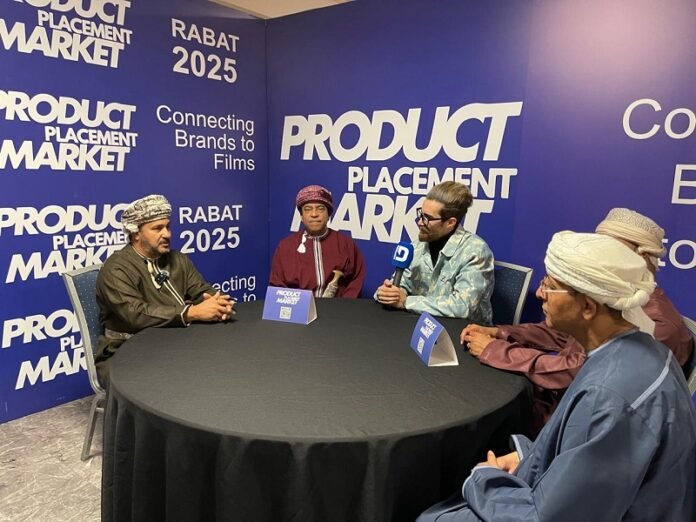The Moroccan capital glowed brighter this November as the 30th Rabat International Author Film Festival welcomed the Sultanate of Oman as its Guest of Honour — a clear signal of the Kingdom’s commitment to nurturing pan-Arab cinematic dialogues and elevating the Gulf’s rising film culture.
In a powerful display of cultural diplomacy, Rabat’s auteur film fest opened its doors to Oman, spotlighting a cinematic tradition at once rooted and emergent. For Morocco’s Ministry of Culture and its Cinematic Center, the moment is both symbolic and strategic: placing Arab cinematic cooperation at the heart of a festival now three decades strong.
Expanded Coverage: Guests, Films, and Key Moments
During the festival, the Oman Film Society played a central role in organizing a rich and varied program. Their “Omani Night” featured six films, exemplifying the creative breadth of the Sultanate:
-
Dahjan al-Ward by Mohammed al-Ajmi
-
You Shall Not Dive Alone (Lan Taghousa Wahidan) by Fahd al-Maymini
-
Magic of the Sands (Sihr al-Rimal) by Walid al-Khrousi
-
Ashes (Ramad) by Suleiman al-Khaili
-
Clouds (Ghuyoum) by Mazna al-Musafir
-
The Dagger (al-Khanjar) by Karim Najeeb, screenplay by Anisa Murad
Beyond screenings, a series of intellectual sessions augmented the cinematic celebration:
-
Director Mohammed al-Kindi led a seminar on Omani–Moroccan cinematic relations, dissecting opportunities for co-productions, distribution frameworks, and joint training.
-
Producer Qasim al-Salimi presented the initiative “Make Your Film in Oman,” highlighting Oman’s natural landscapes, infrastructure, and incentives that make it increasingly attractive as a filming destination.
-
Sociologist Dr. Abdul Fattah al-Zain delivered a scholarly paper on “Sociology Between Oman and Morocco,” tracing cultural and social ties and their reflection in the screen narratives of both countries.
A historic cooperation agreement was also signed between the Oman Film Society and the Rabat Festival Association, formalized by Mohammed bin Abdullah al-Ajmi (President of Omani Cinema Society) and Dr. Abd al-Haqq Mantrach (President of the Rabat Festival Association), aiming to deepen academic and production ties in cinema and the arts.
On the diplomatic front, the Omani Ambassador to Morocco, Khalid bin Salem Bamkhalif, spoke at the festival’s opening ceremony, emphasizing that Oman’s presence as Guest of Honour demonstrates the two nations’ historic fraternal bonds and reaffirms their shared commitment to cultural diplomacy within Oman Vision 2040.
Perhaps most spectacularly, the Omani short film “The Unknown” (Al Majhool) by Mohammed al-Kindi (or Mohammed bin Sulaiman al-Kindi — sources vary) won the Best International Short Narrative Film award at the festival’s closing gala, lauded for its powerful storytelling and visual finesse.
Why This Matters: The Moroccan Cultural Role
-
This edition underlines the strategic role of Morocco’s Ministry of Culture and the Moroccan Cinematic Center in forging bridges across the Arab world. By elevating Oman in a guest-of-honour position, Morocco’s cultural institutions signal that the auteur film festival is more than a local showcase — it’s a platform for Arab unity and creative exchange.
-
For Oman, this spotlight is transformative: after decades of emerging production, its filmmakers now stand on an international stage in Africa and the Arab world, supported by diplomatic, institutional, and artistic structures.
-
On a broader scale, this partnership positions the Rabat festival as a central pillar in Arab-African cinema, reinforcing Rabat’s reputation as a hub for auteur-driven, culturally rich, and intellectually ambitious cinema.


